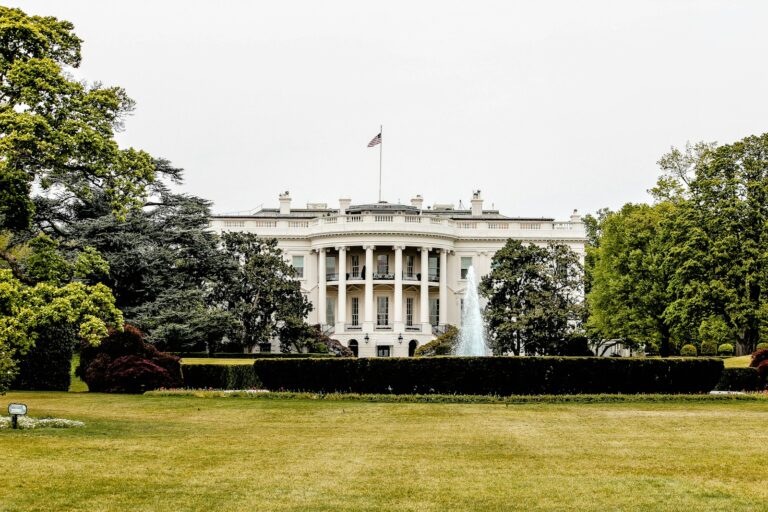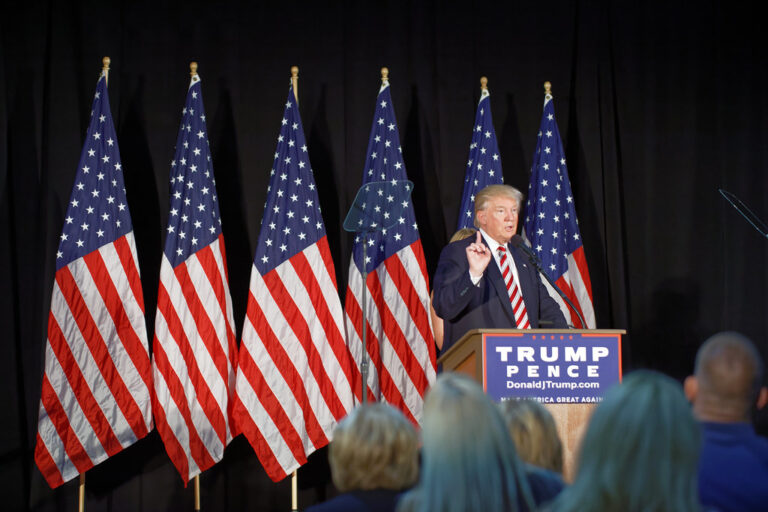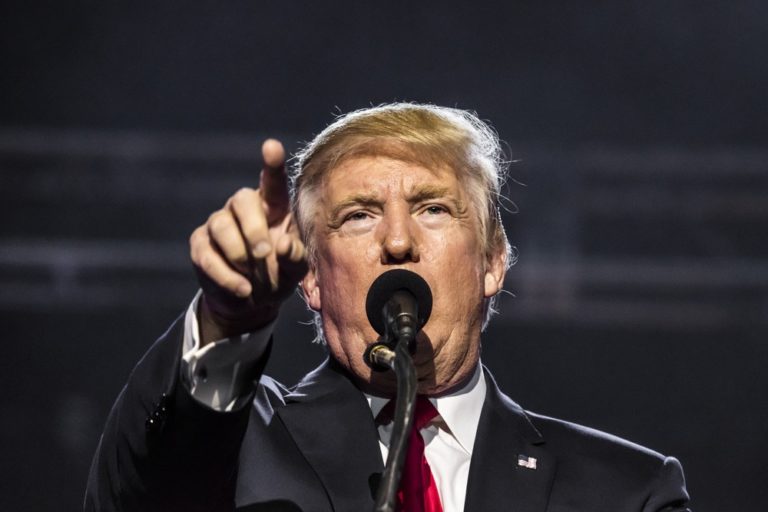Key Takeaways
– Trump plans to move homeless people away from the Capital
– He promises new shelters far from Washington DC
– He vows to arrest criminals quickly
– He compares this plan to fast border actions
– Critics warn of human rights and legal concerns
Introduction
President Donald Trump announced a new plan to relocate homeless people away from Washington DC. He said he will hold a news conference to reveal details. He added that he wants to make the Capital safer and more beautiful. He insisted the move will happen very fast. Moreover he compared it to swift border actions.
Background on the Announcement
Recently Trump posted on his social media account that he will act soon. He said homeless people must leave the city immediately. He promised to offer places to stay but far from the Capital. Next he said criminals will be rounded up and jailed quickly. He warned there will be no Mr Nice Guy in this effort.
Details of the Relocation Plan
First Trump aims to clear public spaces of tents and camps. Then he plans to set up shelters at locations outside Washington DC. He did not specify exact areas or states for these new centers. He added that transportation will be arranged to move people there. He claimed the shelters will be safe and clean.
Comparison to Border Actions
Trump described the plan like his border policy. He argued both moves will be carried out swiftly. He said he wants to show he can act with speed when he sets his mind to it. He insisted no delays will slow progress. He also promised to use all available federal resources.
Reaction from Homeless Support Groups
Several aid groups expressed concern over the announcement. They worry homeless people will be moved far from services and jobs. They pointed out that many still need local medical care and legal help. Moreover removing people from familiar streets can harm mental health. They urged the administration to consider housing solutions within the city.
Legal and Human Rights Questions
Legal experts say forcing people to leave may violate rights. They highlighted that homeless individuals often lack safe alternatives. They noted court rulings that protect the right to sleep outside when no shelter is available. They warned of possible lawsuits if people are forced to move without options.
City Officials Weigh In
Washington DC leaders responded quickly to the plan. They stressed the need for a local approach to homelessness. They noted the city has its own shelters and outreach programs. They also said coordination with federal agencies would be critical. They asked for more details before committing support.
Public Safety and Crime Elements
Trump linked the homeless plan to crime reduction. He said criminals hiding among the homeless will face arrest. He insisted swift arrests will follow the relocation. He argued public spaces will then become safer. Community members remain divided on this claim.
What Happens Next
The White House will host a news conference to explain the plan. Officials may reveal site names and timelines at that event. They could also outline budgets for new shelters. Meanwhile local advocates plan to attend and raise concerns. They want assurances on funding and oversight.
Potential Impact on Homeless Individuals
If enforced fast some people may struggle to adapt. Leaving familiar campsites can break support networks. Moving far away could limit access to jobs and clinics. Some homeless people say they prefer stable local aid. They fear being isolated in distant shelters.
Federal vs Local Responsibility
This plan highlights tensions between federal and city powers. Traditionally the city handles homelessness within its borders. Now the federal government seeks to take direct action. Collaboration will be key to avoid conflict and confusion. Both levels must share data and resources.
Voices from the Street
Many homeless individuals voiced mixed feelings about the plan. Some said they would move if offered better housing. Others worried about losing community ties. A few said they want help but on their own terms. They asked for respectful treatment and clear information.
Expert Opinions on Effectiveness
Urban policy experts question if forced relocation solves the problem. They note that long term solutions need affordable housing and job programs. They add that simple removal can shift the issue to other cities. They suggest investment in mental health and addiction services instead.
Next Steps for Citizens
Residents can follow the news conference for full details. They might contact local representatives with concerns. Volunteers can offer to assist homeless people in the transition. Community groups can plan to monitor shelter conditions. All citizens have a role in shaping humane policy.
Conclusion
President Trump’s plan to clear the Capital of homeless people raises many questions. He promises fast action and safe shelters far from Washington DC. Supporters praise his willingness to act quickly. Critics warn of legal challenges and human rights issues. As the news conference approaches citizens will learn more. The coming weeks will show whether the plan gains support or faces strong pushback.









